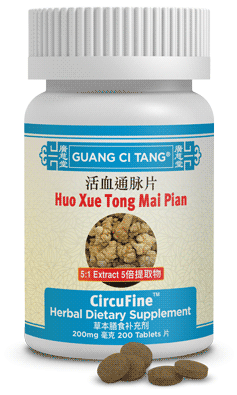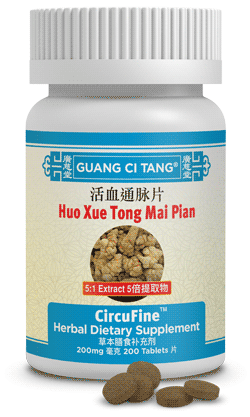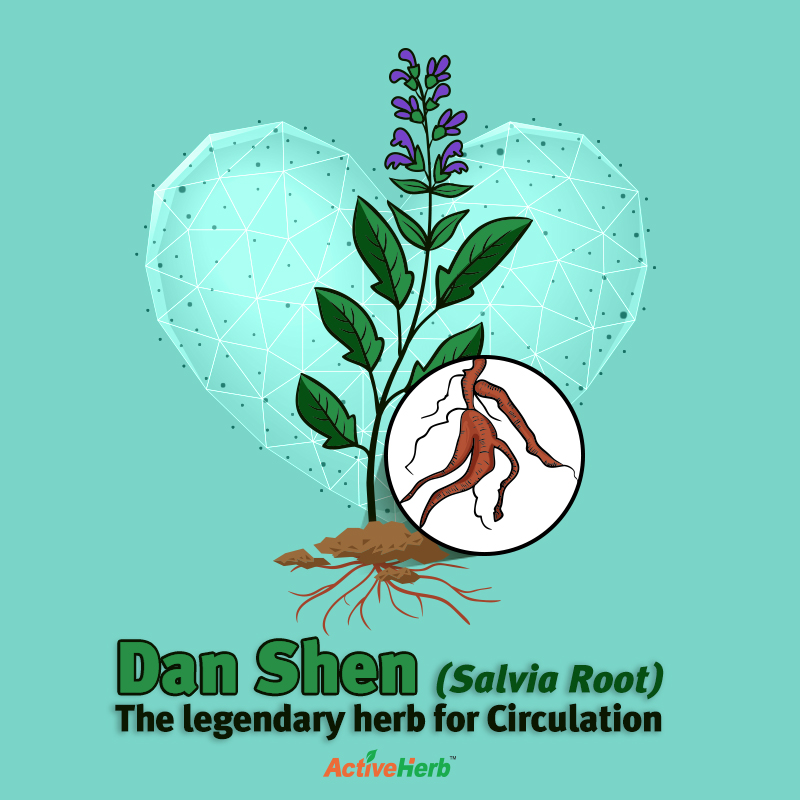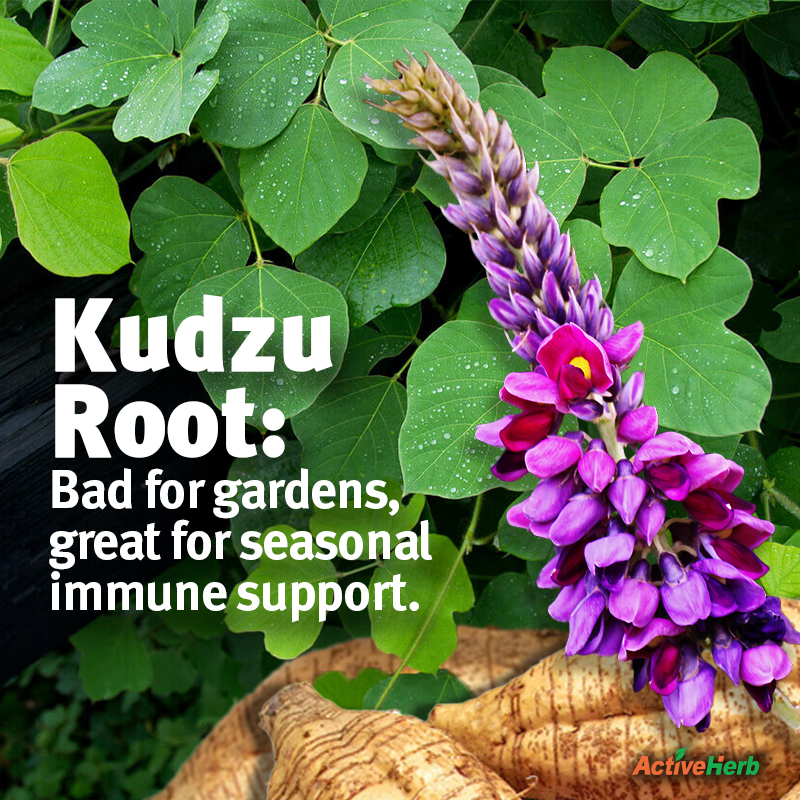Supporting Vascular Health In TCM

It’s a plague of plaque that dates back millennia.
Most people believe an unhealthy modern diet is to blame for poor vascular health. Bacon-double cheeseburgers and cheesy fries. Soda. Chips. Crackers. And all the other highly-processed foods that fill 75% of grocery store shelves.
But recent research reveals that clogged arteries were common in ancient times.
For proof, we travel back in time and autopsy mummies, not just from Egyptian royalty but from other traditional societies around the globe…
Plaque Buildup In Arteries: An Ancient Problem?
Up until just a decade ago, even most scientists would have believed that poor arterial health was a modern phenomenon attributed to unhealthy lifestyle choices such as cigarette smoking, poor diet, and lack of movement.
A study from 2013 flipped that script.
The so-called “Horus study” published in The Lancet examined CT scans on 137 mummies from four different ancient populations: Egyptian, Peruvian, the Ancestral Puebloans of southwest America, and the Unangans, an indigenous tribe of the Aleutian Islands in Alaska.
These four groups had completely different lifestyles. For instance, Puebloans were primitive farmers, while first nation tribes of Southwest Alaska were hunter-gatherers. Of course, all four groups didn’t consume any refined foods, including blood-sugar-spiking white or wheat flour. Heavily-processed food simply did not exist then.
But the surprising thing was that 47 of the 137 mummies—more than one-third—showed evidence of calcified plaque accumulation in the arterial walls.
And it wasn’t just Egyptian royalty, living high on the hog, that had arterial plaque buildup. (Previous research showed that ancient Egyptian elites indeed had poor arterial health, most likely because they ate like gluttons.)
All four populations displayed evidence of it. One of the researchers was so surprised by these findings he referred to it as “a shock.”
So if pork rinds and ice cream weren’t to blame for the clogged arteries in these ancient populations, what was to blame?
The researchers theorized that inflammation was to blame, whether from smoke inhalation (from utilitarian fires or ceremonial) or untreated infections. Other researchers believe kidney dysfunction or weak bones led to poor arterial health in the mummified subjects.
Ancient Wisdom For An Ancient Problem
Despite the surprising findings from the study, it’s no doubt that poor diet and lack of exercise also contribute to poor vascular function. But how does TCM view this seemingly modern health problem?
In Traditional Chinese Medicine (TCM), poor vascular health results from myriad syndromes. To illustrate how poor vascular health is an ancient problem, the Inner Canon of the Yellow Emperor (the “Yellow Emperor’s Classic”), written roughly 2500 years ago, describes the pattern.
The ancient text describes poor vascular as “Heart pulse paralysis obstruction”. Three underlying patterns cause the obstruction:
- Blood stasis
- Qi stagnation
- Phlegm
In addition, secondary patterns contribute, including:
- Spleen Qi deficiency
- Damp
- Heat
Cigarette smoking is a real-world example of Heat accumulation. Heat eventually leads to excess Dampness turning into Phlegm. In the West, phlegm is a buildup of mucus expelled from the throat. But in TCM, Phlegm is an internal “evil” that accumulates in the body. It manifests when bodily fluids are unable to be transported by Qi. When this occurs, Phlegm condenses (congeals) and accumulates in bodily tissue and the vasculature.
How Does TCM Support Vascular Health
If you have serum lipid markers already within a normal range, TCM may help support your vascular health.
Here’s how TCM works.
The best TCM formulas for cardiovascular support—including CircuFine—have the following actions:
- Resolve Heat: By tonifying cooling Yin energy.
- Transforming Damp and Phlegm: All that toxic buildup has to get detoxified and safely leave the body.
- Nourish the Blood: New, healthy blood is created.
- Move Qi and Blood: The “Vessels” of TCM expand, allowing the fresh blood to flow freely.
TCM Herbs That May Support Vascular Health
Keep in mind that Chinese medicine doctors rarely dispense single herbs for cardiovascular support. Not even well-researched herbs like the first one on the list, Dan Shen.
Dan Shen
Dan Shen (salvia root) is one of the most popular TCM herbs for circulation.
Salvia root (also called red sage) invigorates the blood and dispels Blood Stasis, Clears Heat, and Cools the Blood.
Xuan Shen & Dang Gui
Xuan Shen (Scrophularia root) and Dang Gui (Chinese Angelica) nourish the Blood and fluids.
Yu Jin
Yu Jin is turmeric root. It invigorates the Blood, resolves Blood Stasis, clears Heat, cools the Blood, and clears the Heart.
San Qi
Notoginseng root transforms Blood stasis and disperses swelling.
Supporting Vascular Health In TCM: Best Formulas
Without a doubt, other herbs used in classic Chinese medicine may help support your cardiovascular system.
Learn more about ActiveHerb.com’s cholesterol support and heart health formulas.








